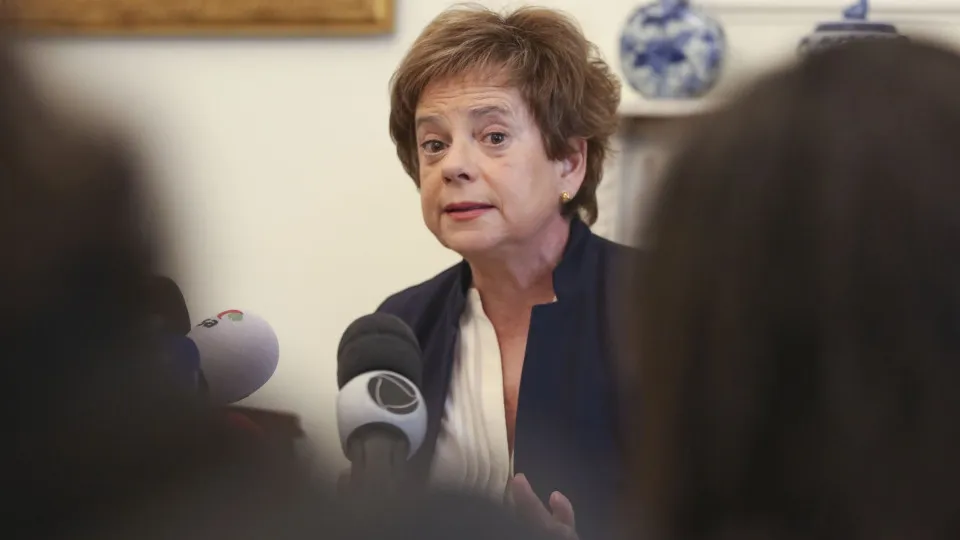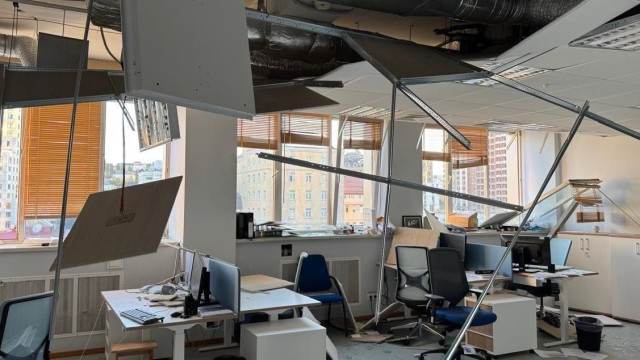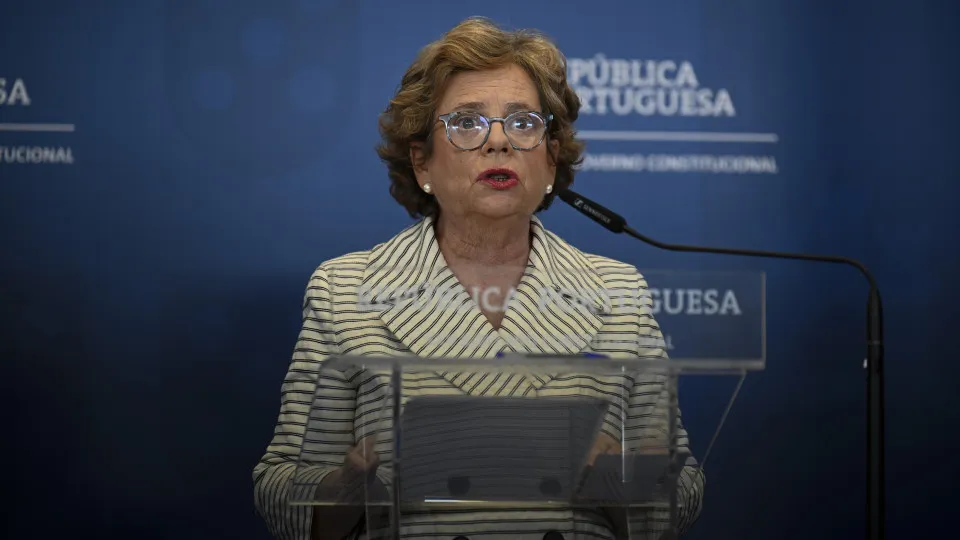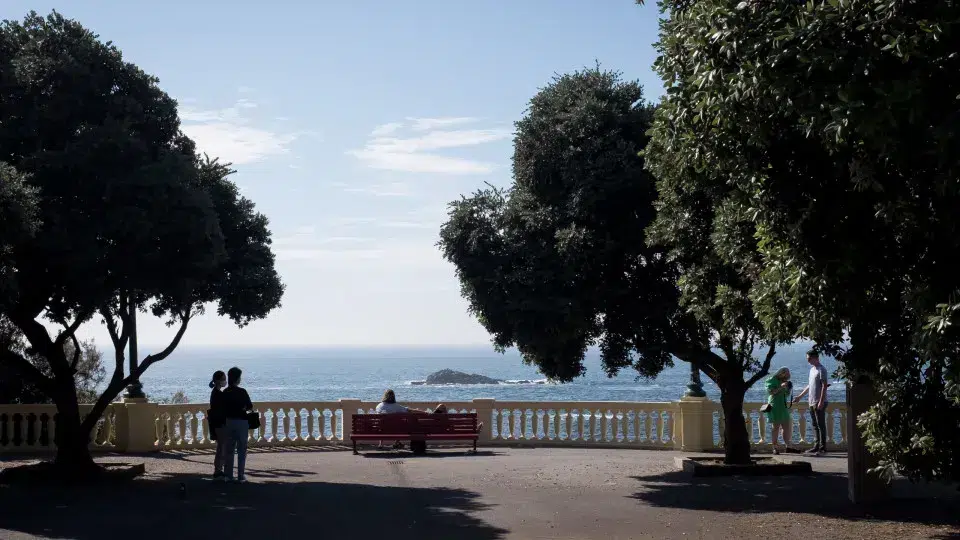The father of one of the children mentioned in a video shared by Rita Matias on social media, which cited names from a school’s student list, stated his “intention” to file a complaint against the Chega deputy.
“I will speak with a lawyer to find out which laws were broken, but my intention is to file a complaint against Deputy Rita Matias,” said the father of the child, a four-year-old girl, in an interview.
The father explained that he has been in Portugal since 2019 and expressed concern upon seeing his daughter’s name on the released list. He added that the child is not yet a student but an applicant at the educational institution.
“I felt very sad and afraid, especially for my daughter’s safety,” he revealed, noting that he read in various reports that the names were circulating “in far-right groups.”
The father also spoke to the school’s director, who assured him there were no immigrant student preferences, contradicting Chega’s claims.
“I never imagined this could happen to my daughter. We are immigrants and I know we are a target, that we might suffer xenophobia, but I never imagined it would hit us so directly,” he stated.
Recall the events
Last Friday, July 4th, Chega deputy Rita Matias shared a video on the social network X (formerly Twitter) listing names of various children from a Portuguese school. The incident escalated when party president André Ventura cited the names during a parliamentary session, prompting backlash from left-wing benches.
“These people are zero Portuguese and it’s your fault that schools are like this today,” he remarked at the time.
By Monday, André Ventura reiterated the demographic inversion problem in Portugal, alleging it was impossible to find “an André, a João, a Maria” in a school’s student list.
“When we look at the names in a school and can’t find an André, a João, a Maria, a Joana, a Pedro, there’s a problem. It means there is a demographic inversion,” Ventura said during the presentation of Chega’s municipal candidates in Coimbra.

Chega president André Ventura considered today that Portugal faces a demographic inversion problem when school names no longer include a João, a Maria, and a Pedro.
Lusa | 20:01 – 07/07/2025
Reactions in the Assembly of the Republic were swift. The PSD Porto mayoral candidate and former Minister of Parliamentary Affairs confessed being “shocked by the lack of empathy” from Chega deputies and described the situation as “very serious.”
Lisbon’s PS mayoral candidate Alexandra Leitão noted that the episode exceeded “what is acceptable in a democracy.”
Socialist deputy Isabel Moreira criticized Chega, asserting that “all the children whose names were invoked are less secure.”
Livre rejected accepting “divisions” and argued that “a name is not a label.” “It unites us, and it should never serve hate speech. Portugal belongs to everyone. With all names,” they wrote on X.
PAN denounced that “be it at home, on the streets, or in schools, not even children escape Chega’s prejudice and hate speech.” Meanwhile, Bloco de Esquerda’s coordinator, Mariana Mortágua, considered attacking those who came to work in Portugal as opportunism, but attacking children as a dehumanizing act that attacks the Constitution and its values.
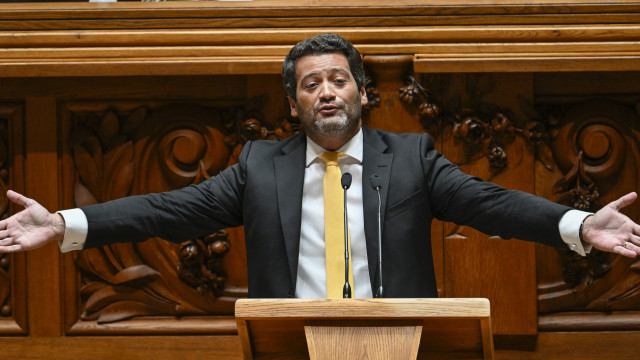
The president of Chega reiterated the inability to find “an André, a João, a Maria” in school student lists, considering it indicative of “a demographic inversion.” Meanwhile, parties denounced “hate speech.”
Notícias ao Minuto with Lusa | 23:57 – 07/07/2025
It should be noted that the government’s proposed changes to nationality and immigration laws were sent to committee stage last Friday without a general vote, as were Chega’s proposals on the same topics.
The requests from the government and Chega were included in the voting schedule, replacing the morning’s version and were approved in plenary with BE and PCP voting against.
The government’s proposed amendment to the nationality law, now set for committee discussion, aims to increase the residency period required for citizenship from five to seven or ten years, depending on whether individuals are from Lusophone countries.
The government also envisions the possibility of revoking nationality for those naturalized for less than ten years and sentenced to a prison term of five years or more for serious crimes. For original nationality granted to descendants of foreign residents in Portugal, a legal residence of three years will now be required.
Chega’s proposal, also moved to committee, suggests “revoking nationality acquired by naturalization or in cases of dual nationality, where individuals commit acts severely undermining sovereignty, national security, or essential principles of the state of law.”

